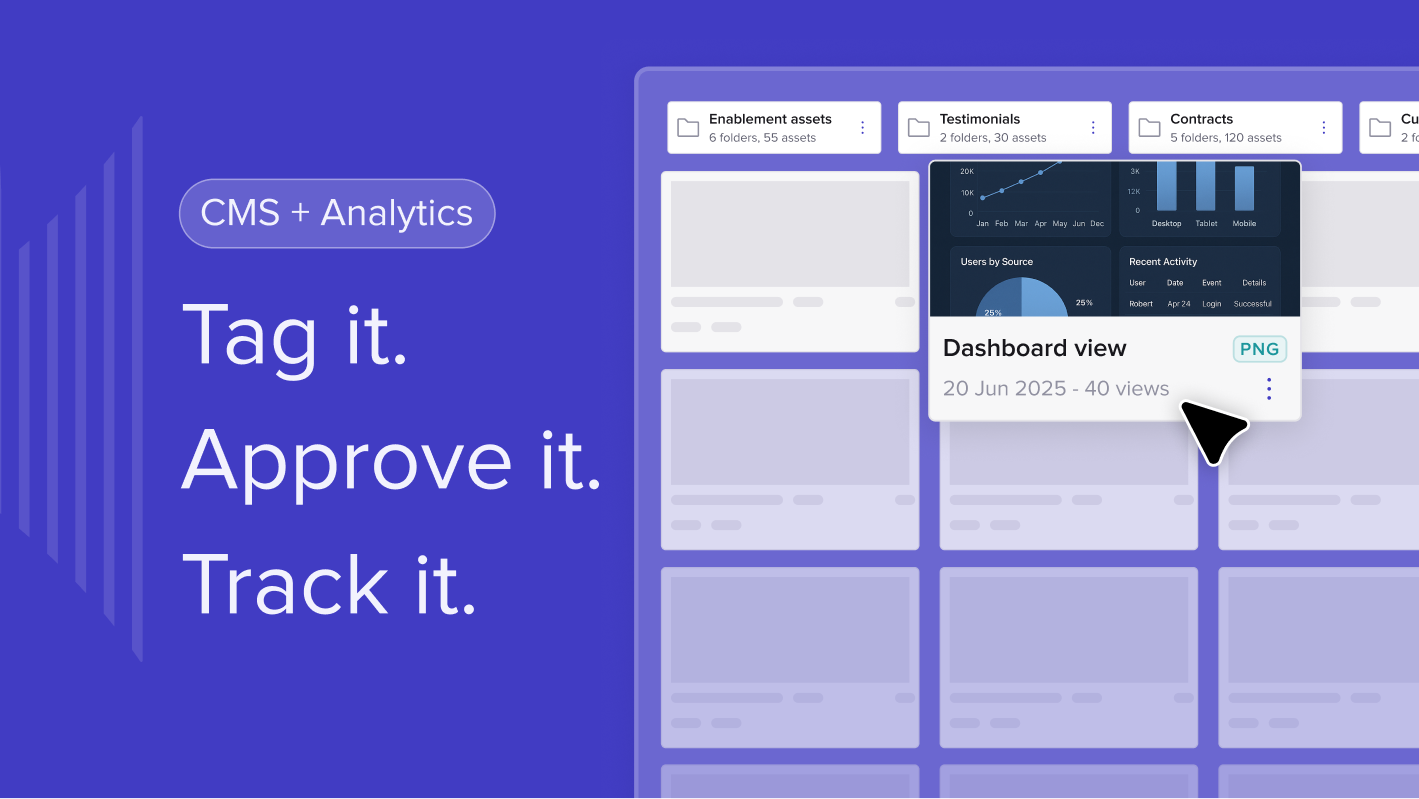Key takeaways
Before reaching out cold, take 5–10 minutes to research both your prospect and their company. Understanding who they are, their pain points, and what they care about helps you write more relevant, personalised messages. This research helps avoid awkward missteps and builds trust faster - giving you a stronger chance of getting a response.
Going into a sales meeting cold isn't ideal, even if you're an experienced SDR. There are too many missteps you can make when you leave things to chance, including upsetting your prospect with elementary questions that sour the relationship.

Why should you research your prospect before cold outreach?
Going into a sales meeting cold is a risky move. Even seasoned SDRs can make missteps when they wing it - like asking questions the prospect has answered on their homepage.
With the right prep, you’ll:
- Avoid asking obvious or off-putting questions
- Tailor your outreach to resonate
- Show genuine understanding and credibility
Here are 12 top tips for researching your prospect before your cold outreach.
Tips for researching your prospect
What are the best ways to research your prospect as an individual?
1. How can a quick Google search help?
A Google search is one of the best ways to research a cold outreach prospect. You can learn a lot about who they are and what is important to them.
- Recent news or appearances
- Blog posts or interviews
- Public-speaking gigs or panels
Stick to professional insights and avoid going too far back in personal history.
2. What should you look for on LinkedIn?
LinkedIn gives you:
- Their current role and responsibilities
- Shared connections or groups
- Recent posts or activity to reference
Use this info to personalise your message and open with relevance.
3. What can you learn from their Twitter (X) profile?
Check for:
- Topics they care about
- Articles or events they’ve shared
- Frustrations they’ve voiced
Mentioning a timely tweet or opinion shows you’ve done your homework.
4. Should you check Quora, Reddit or niche forums?
Yes, especially in SaaS or tech. These platforms may reveal:
- Real frustrations or blockers they’re trying to solve
- Comments in industry subreddits
- Pain points they’ve posted about directly
This is insight you won’t find on their website.
Tips for researching your prospect's company
5. What does Googling a company reveal?
Beyond their own site, Google shows:
- Press coverage or partnerships
- Leadership changes or crises
- Product updates or market moves
Cold outreach becomes more impactful when it references relevant news.
6. What insights come from a company Twitter (X)account?
This helps you understand:
- Tone of voice and communication style
- Brand values and culture
- Current messaging priorities
Match your tone to theirs to build faster rapport.
7. What can CrunchBase tell you?
Crunchbase gives:
- Funding stage and investors
- Employee headcount
- Tech stack and growth trajectory
Timing matters. Outreach post-funding? Smart.
8. Why read their press releases?
Press releases are a great source of company information. They can provide clues about where a business is at, its future plans, and any new appointments.
- Big wins or pivots
- New product launches
- Strategic goals
Being on top of company news can help your outreach efforts. At a minimum, it shows that you've taken the time to research them. In many cases, it can help you understand a lot about what’s happening in the business, which you can leverage in your sales outreach.
9. Should you check competitors' press releases too?
Yes. Look at:
- How they position themselves
- Product features they highlight
- Market gaps you can reference
Frame your solution as the better way forward.
What tools help you uncover their tech stack?
10. Which tools reveal a company’s software stack?
Use:
This helps you understand:
- What tools they already use
- What gaps you can fill
- If you integrate well with what they’ve got
Example: If they use HubSpot, mention your HubSpot integration.
What financial info should you check?
11. Can you see if a company can afford your product?
For public companies:
- Check financial statements
- Look for IT budget mentions or digital transformation initiatives
If they’re investing in tech, your outreach is more likely to hit.
What internal intel is available?
12. What can you learn from Glassdoor?
Glassdoor reviews can reveal:
- Frustration with current tools
- Cultural values
- Org structure clues
If multiple reviewers complain about disjointed internal tools, there’s your hook.
Final thoughts
Prospecting takes a lot of time and effort. So don’t waste that investment by going into cold outreach empty-handed. Taking time to research your prospect and their company will make your calls more precise and engaging.
By learning more about a business, you’ll be in a better place to understand its pain points and goals. From there, you can tell your prospects how your solution can solve their problems.
At trumpet, we believe sales teams should strive to create the best environment for their customers. Learn more about how our personalised sales software can boost your cold outreach today.
FAQ's
How much time should I spend researching a prospect?
5–10 minutes is usually enough for cold outreach. For strategic accounts, invest more.
What’s the most important info to find?
Role, KPIs, recent activity, company challenges, and tech stack.

.svg)
.svg)
.svg)
.svg)
.svg)
.svg)
.svg)
.svg)
.svg)
.png)
.svg)
.svg)
.svg)
.svg)

.svg)
.svg)
%201.svg)
.svg)
%201.svg)



.svg)





















![How to Get Started with Buyer Enablement [With Examples]](https://cdn.prod.website-files.com/65cf4fecbed2754c2236665d/65cf4fecbed2754c22366bdb_65a5af83e742f76e34ce06f3_Customer%2520Onboarding%2520_%2520Everything%2520you%2520need%2520(2).png)
.png)



.png)



.png)









.png)


.png)

.png)
.png)







